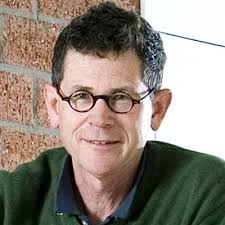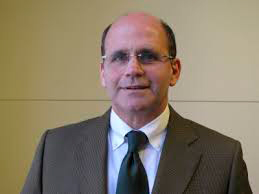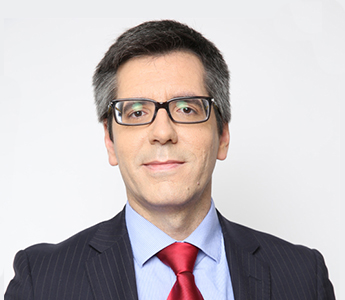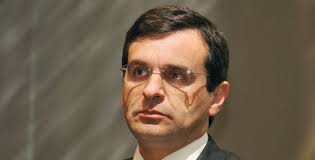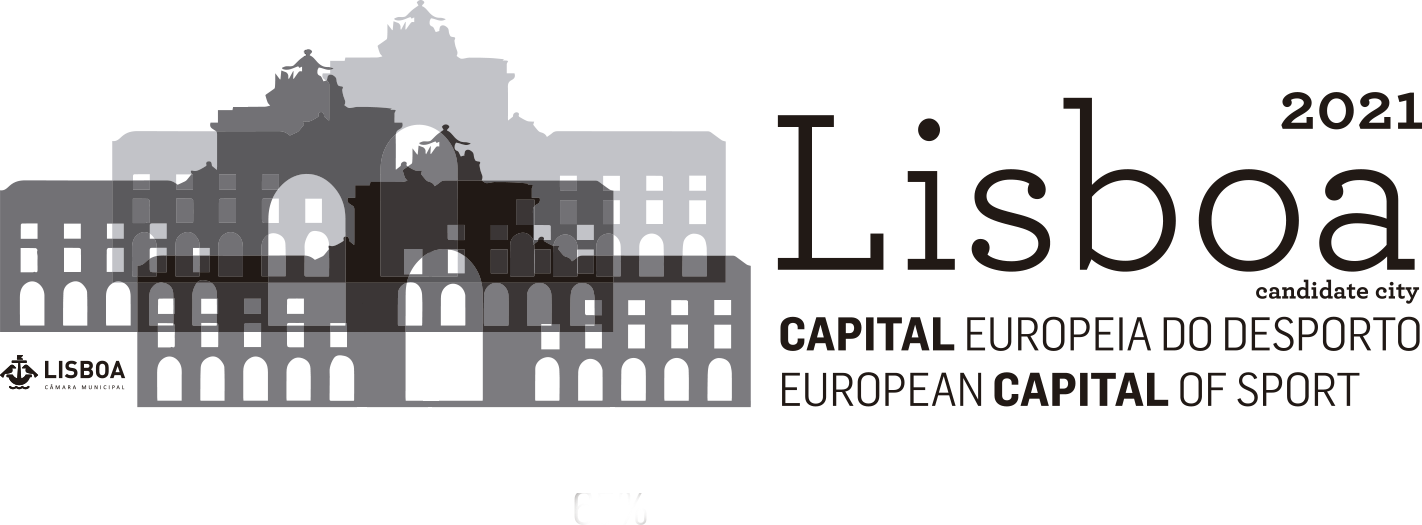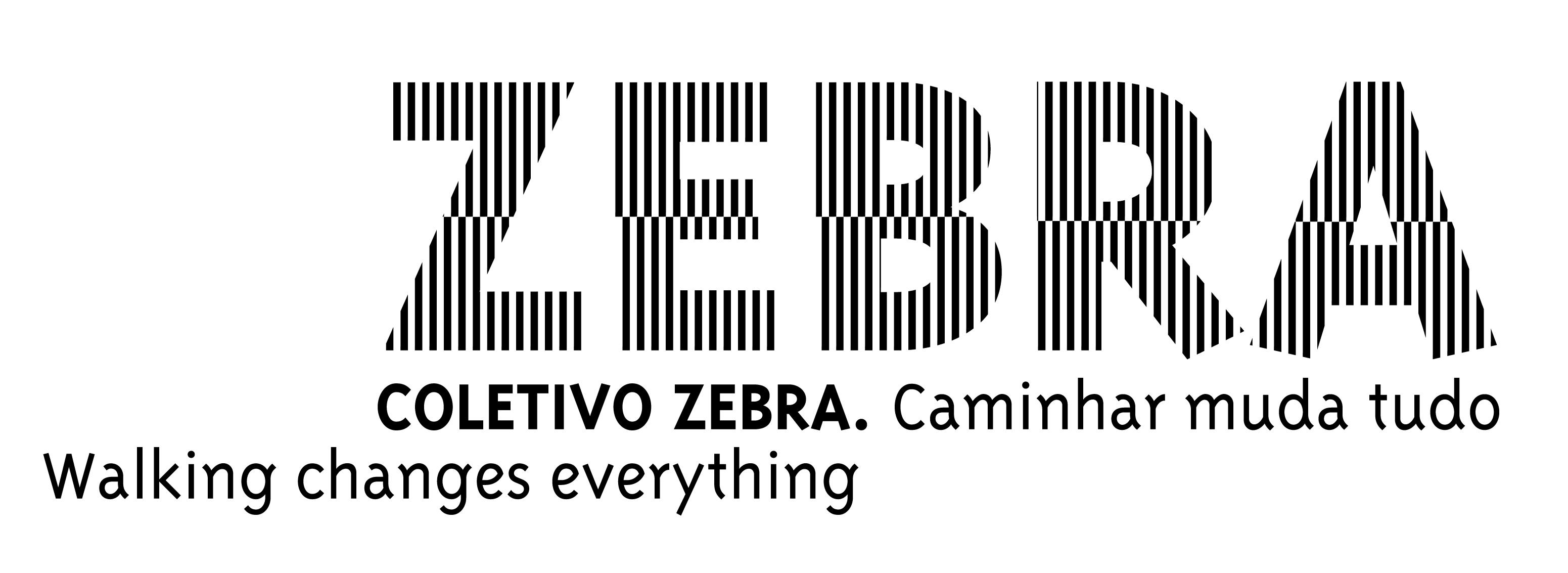Program
Download the full programDay 1
15th
September
Day 2
16th
September
10:00
Opening Session
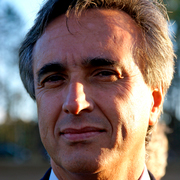
 teste bio
teste bio
Luís B. Sardinha
Portuguese Initiative for Exercise is Medicine
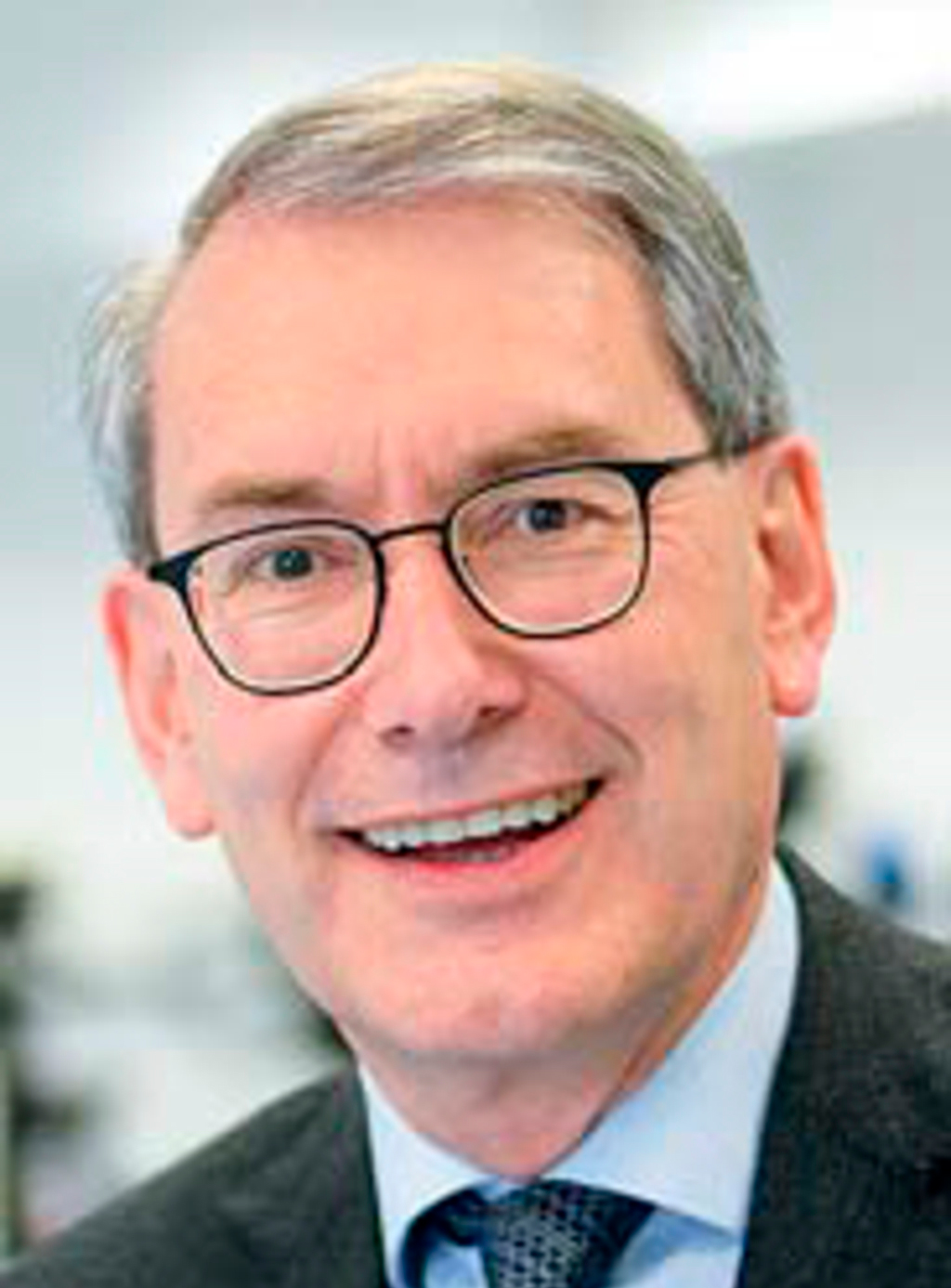
 teste bio
teste bio
Jürgen Steinacker
European Initiative for Exercise is Medicine
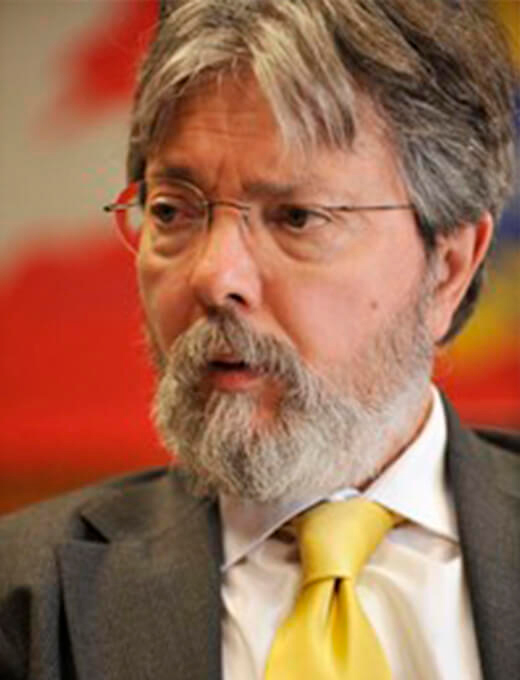

Francisco George
Directorate-General of Health
10:30 - 14:00 Session 1
Exercise and Health Foundations
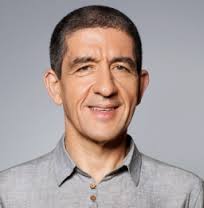

Chair
Domingos Henrique
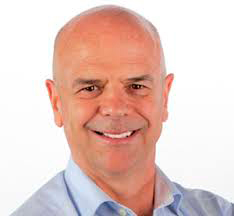

Chair
José Soares
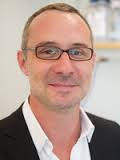
 teste bio
teste bio
His talk “Molecular mediators of the effects of exercise: from metabolism to mental health” will focus on the mechanisms that mediate skeletal muscle adaptation to exercise training, and their local and systemic consequences. In this context, particular attention will be given to PGC-1alpha transcriptional coactivators and their role in muscle physiology. The talk will include examples of how exercised or sedentary skeletal muscle can crosstalk with other organs, and how it can affect individual health and disease.
10:30 - 11:00
Molecular mediators of the effects of exercise: from metabolism to mental health
Jorge Ruas, Department of Physiology and Pharmacology, Karolinska Institutet, SE
11:00 — 11:30
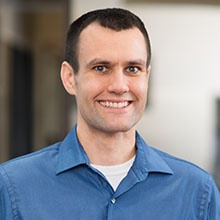
 teste bio
teste bio
His talk “Translational regulation of metabolic adaptations to exercise with aging” will include a recently published study investigating the effects of different exercise modalities on adaptations to exercise in young and older adults. He will discuss evidence that skeletal muscle adaptations, particularly of mitochondria, are regulated at the level of protein translation.
11:30 - 12:00
Translational regulation of metabolic adaptations to exercise with aging
Matthew Robinson, School of Biological and Population Health Sciences, Oregon State University, USA
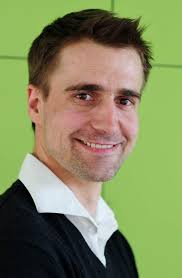
 teste bio
teste bio
His talk “Anti-cancer effects of physical exercise: biological mechanisms and implications for clinical practice” comprises a topical overview of the exercise-oncology field including novel findings from pre-clinical investigations into the molecular mechanisms linking exercise behaviour to cancer prognosis with translational perspectives to clinical oncology practice.
12:00 - 12:30
Anti-cancer effects of physical exercise: biological mechanisms and implications for clinical practice
Jesper Frank Christensen, Centre for Inflammation and Metabolism, Centre for Physical Activity Research, DK
12:30 — 14:00
14:00 - 16:15 Session 2
Physical Activity Epidemiology and Public Health
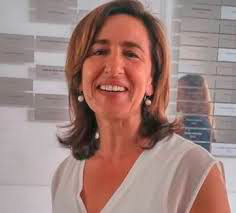

Chair
Fátima Baptista
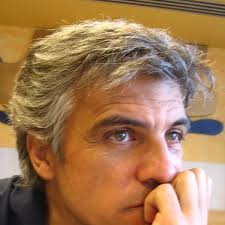

Chair
Jorge Mota

 teste bio
teste bio
14:00 - 14:15
Physical activity and sedentary behavior measurement and surveillance systems
Luís B. Sardinha, Faculty of Human Kinetics, University of Lisbon, PT
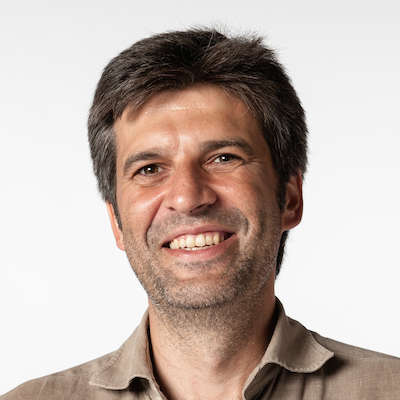
 teste bio
teste bio
His talk “A roadmap for walking and cycling in and around modern cities” will provide an overview of the role of the built environment in the promotion of walking and cycling, and the types of strategies needed to implement an active city, in which the pedestrian has priority.
14:15 - 14:30
A roadmap for walking and cycling in and around modern cities
David Vale, Faculty of Architecture, University of Lisbon, PT
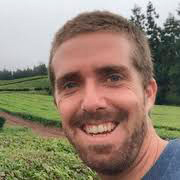
 teste bio
teste bio
14:30 - 14:45
Prolonged sitting, breaks, and health
Pedro Júdice, CIPER - Interdisciplinary Center for Human Performance, Faculty of Human Kinetics, University of Lisboa, PT
14:45 - 15:15
Benefits and risks of sports and physical activity: a public health perspective
Willem Van Mechelen, Occupational and Sports Medicine, VU University Medical Centre, NL
15:15 — 15:45
15:45 — 16:15
16:15 - 18:00 Session 3
Exercise Physiology, Medicine & Health
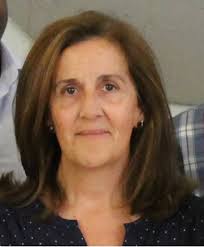

Chair
Helena Santa-Clara
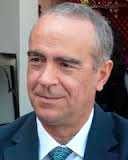

Chair
José Alberto Duarte
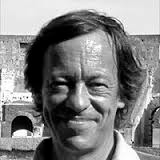
 teste bio
teste bio
His talk “Physical activity, exercise, sedentary behaviors, and fitness: What do you mean?” will provide an overview of concepts underlying the terminology related with human skeletal muscle recruitment in day-to-day life, and in different contexts, as well as theirr relationships with health outcomes.
16:15 - 16:30
Physical activity, exercise, sedentary behaviors, and fitness: What do you mean?
José Oliveira, Faculty of Sports, University of Porto, PT
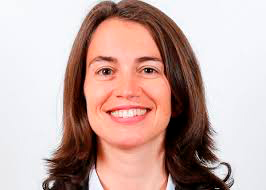
 teste bio
teste bio
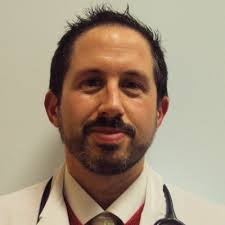
 teste bio
teste bio
16:30 - 16:45
The Physician's role in promoting physical activity
Rita Tomás, Portuguese Physical Activity Promotion Program, Directorate-General of Health; Clínica CUF Alvalade, PT
Marcos Agostinho, Santa Cruz Family Health Unit (USF) - ARS Lisboa e Vale do Tejo, PT
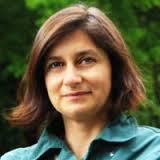
 teste bio
teste bio
16:45 - 17:00
Exercise Physiologists or personal trainers: Who are you?
Rita Santos Rocha, School of Sports, Polytechnic Institute of Santarém, PT
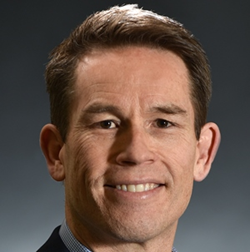
 teste bio
teste bio
His talk “The professional field of Exercise Physiology in Canada” will provide an overview of where exercise physiology fits in Canadian health care and community health promotion programming and identify how ‘Exercise is Medicine’ can help facilitate greater multi-disciplinary practice to support exercise professional recognition and collaboration in health care and community settings.
17:00 - 17:30
The professional field of Exercise Physiology in Canada
Jonathon Fowles, School of Kinesiology, Acadia University, CA
17:30 — 18:00
09:30 - 11:45 Session 4
Exercise Counselling and Prescription
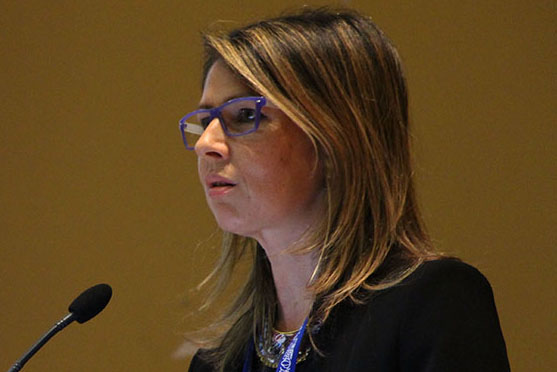

Chair
Andreia Jorge Silva
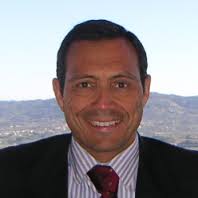

Chair
J.L.Themudo Barata
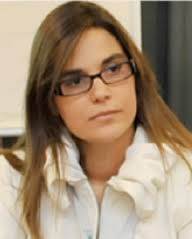
 teste bio
teste bio
Her talk “Behavior modification in primary health care: the road less travelled” will provide an overview on how the science of behaviour change should inform the implementation of physical activity (PA) assessment and promotion into primary health care, increasing the use and quality of PA counselling. Examples linked to behaviour change distinctive elements that should inform interventions, major research networks, frameworks and tools will be provided, alongside with an update on evidence. Factors associated with improved effectiveness, and guidelines on PA promotion in Primary Care, will be discussed.
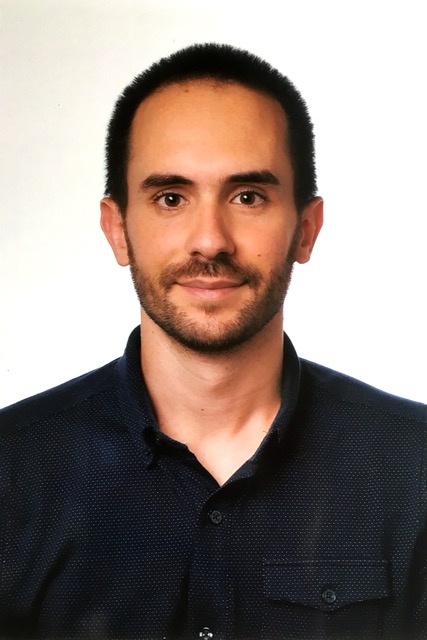
 teste bio
teste bio
His lecture, integrated in the “Behaviour modification in primary health care: the road less travelled” table, will provide an overview on how the science of behaviour change should inform the implementation of physical activity (PA) assessment and promotion into primary health care, increasing the use and quality of PA counselling. Examples linked to behaviour change, inform interventions, major research networks, frameworks and practical tips will be provided. Factors associated with improved effectiveness, and guidelines on PA promotion in Primary Health Care, will be discussed.
09:30 - 10:00
Behavior modification in primary health care: The road less travelled
Marlene Nunes Silva, CIPER - Interdisciplinary Center for Human Performance, Faculty of Human Kinetics, University of Lisboa, PT
Alexandre Marques, Faculty of Medicine, University of Coimbra, PT
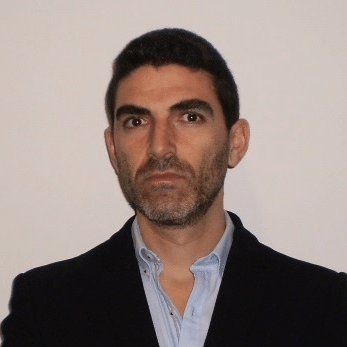
 teste bio
teste bio
10:00 - 10:15
Physical activity technology which is fit for use
Romeu Mendes, Northern Region Health Administration; ISPUP - Institute of Public Health of the University of Porto; University of Trás-os-Montes e Alto Douro; Directorate-General of Health, PT
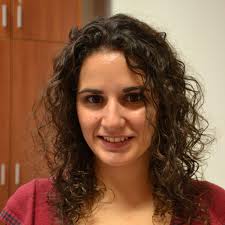
 teste bio
teste bio
Her talk “A web-based functional fitness index for older adults” will focus on how an internet application and a web site can be used as a tool to translate research into field professionals, using an example of a model developed to antedate and prevent physical independence issues in older adults.
10:15 - 10:30
A web-based functional fitness index for older adults
Diana Santos, CIPER - Interdisciplinary Center for Human Performance, Faculty of Human Kinetics, University of Lisboa, PT
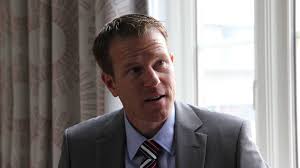
 teste bio
teste bio
10:30 - 11:00
High intensity interval training, Personalised Activity Intelligence, and the “world’s fitness level”: roadmap to better health and longer life?
Ulrik Wisløff, Centre for Exercise in Medicine, Department of Circulation and Medical Imaging, Faculty of Medicine and Health Sciences, NO
11:00 — 11:15
11:15 — 11:45
11:45 - 14:00 Session 5
Special session: Physical Activity Guidelines
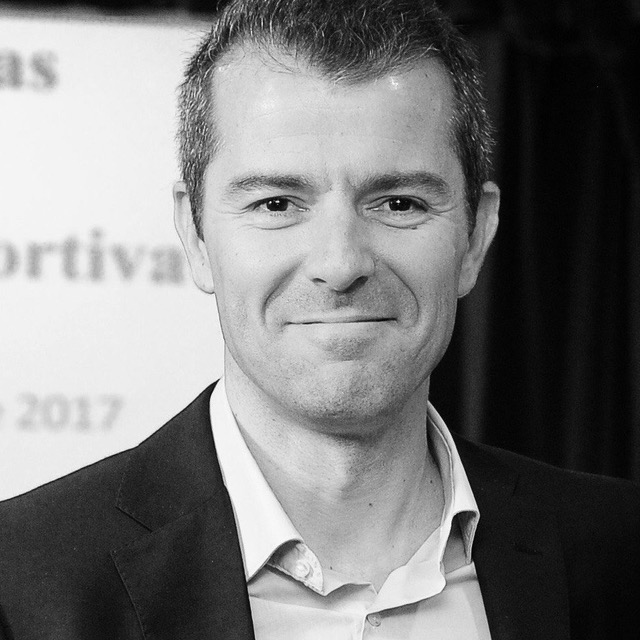
 teste bio
teste bio
His talk “Physical activity promotion in the Portuguese health system: A roadmap” will provide an overview of the guiding policy principles and planned implementation strategies to promote physical activity and reduced sedentary behavior in Portugal through the health care system and via health and allied health professionals.
Chair
Pedro Teixeira
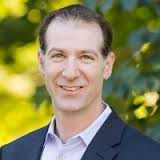
 teste bio
teste bio
Chair
Charles Hillman
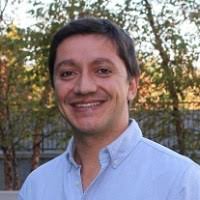
 teste bio
teste bio
11:45 - 12:15
Past and present physical activity guidelines
Pedro Saint-Maurice, National Institutes of Health, National Cancer Institute, Bethesda, USA

 teste bio
teste bio
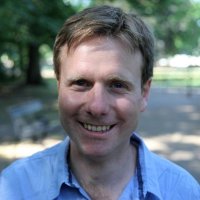
 teste bio
teste bio
His “Moving Health Professionals - A national approach to integrate physical activity within healthcare” presentation will outline how a national approach has been developed to increase knowledge and skills, and change clinical practice of healthcare professionals to increase physical activity and reduce inactivity to improve patient outcomes.
12:15 - 13:00
Commentary and discussion
Ulrik Wisløff, Centre for Exercise in Medicine, Department of Circulation and Medical Imaging, Faculty of Medicine and Health Sciences, NO
Michael Brannan, Deputy National Lead for Adult Health and Wellbeing, Public Health England, UK
13:00 — 14:00
14:00 - 16:00 Session 6
The Exercise is Medicine Model
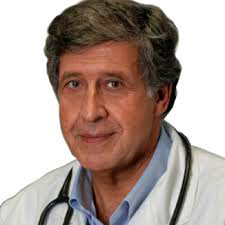

Chair
José Gomes Pereira

 teste bio
teste bio
His talk “The professional field of Exercise Physiology in Canada” will provide an overview of where exercise physiology fits in Canadian health care and community health promotion programming and identify how ‘Exercise is Medicine’ can help facilitate greater multi-disciplinary practice to support exercise professional recognition and collaboration in health care and community settings.
Chair
Jonathon Fowles

 teste bio
teste bio
14:00 - 14:20
A brief history and key elements of Exercise is Medicine in Europe
Jürgen Steinacker, Division Sports and Rehabilitation Medicine, University of Ulm, DE
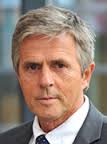
 teste bio
teste bio
His talk “Who benefits and who should pay for having exercise is medicine” will give an overview about the benefits of the realization of campaigns like “Exercise is Medicine” for the different players in public health systems (Health insurances, Enterprises and individual people, but also communities, by using EIM as an instrument in public relation activities).
14:20 - 14:40
Who benefits, and who should pay, for having exercise in medicine?
Klaus-Michael Braumann, Faculty of Psychology and Human Movement, Hamburg University; German Society of Sports Medicine and Prevention, DE

 teste bio
teste bio
14:40 - 15:10
The role of childhood physical activity on brain, cognition, and academic achievement
Charles Hillman, Northeastern University, Boston, USA
15:10 — 15:30
15:30 — 16:00
16:00 - 18:00 Session 7
Physical Activity Promotion in Health Care
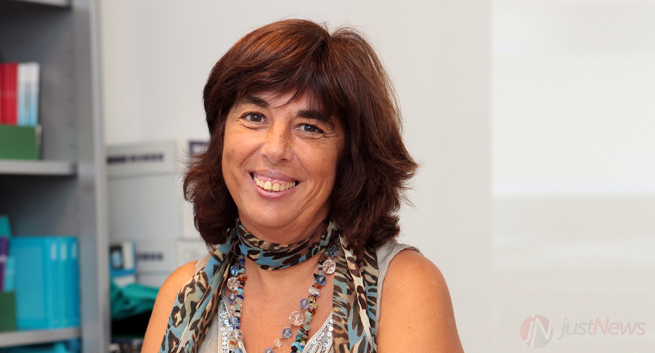

Chair
Cristina Valadas
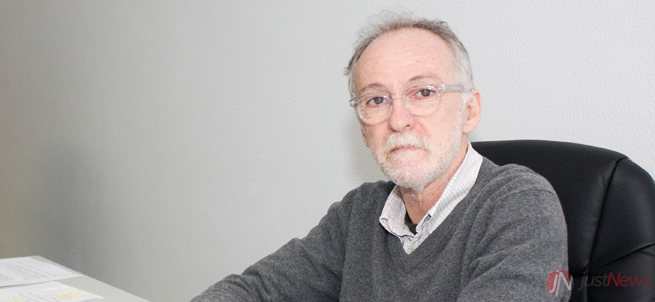

Chair
Henrique Botelho

 teste bio
teste bio
His “Moving Health Professionals - A national approach to integrate physical activity within healthcare” presentation will outline how a national approach has been developed to increase knowledge and skills, and change clinical practice of healthcare professionals to increase physical activity and reduce inactivity to improve patient outcomes.
16:00 - 16:30
Moving Health Professionals – A national approach in England to integrate physical activity within health care
Michael Brannan, Deputy National Lead for Adult Health and Wellbeing, Public Health England, UK

 teste bio
teste bio
His talk “Physical activity promotion in the Portuguese health system: A roadmap” will provide an overview of the guiding policy principles and planned implementation strategies to promote physical activity and reduced sedentary behavior in Portugal through the health care system and via health and allied health professionals.
16:30 - 16:50
Physical activity promotion in the Portuguese health system: A roadmap
Pedro Teixeira, Portuguese Physical Activity Promotion Program, Directorate-General of Health (DGS), PT


Alexandra Bento
Ordem dos Nutricionistas
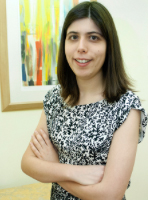

Ana Nunes Barata
Associação Portuguesa de Medicina Geral e Familiar
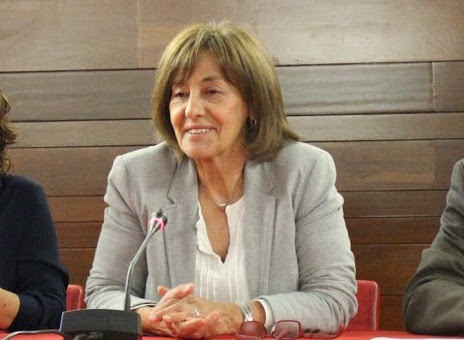

Isabel Trindade
Ordem dos Psicólogos
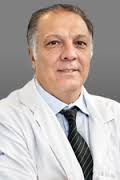

Paulo Beckert
Soc. Portuguesa de Medicina Desportiva
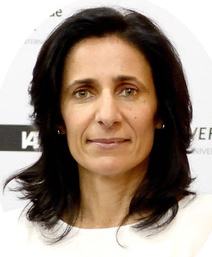

Sandra Martins
Associação dos Fisiologistas do Exercício de Portugal
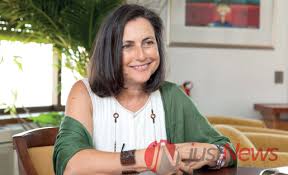

Teresa Gomes Mota
Sociedade Portuguesa de Cardiologia
Registration is closed due to max capacity.
The Symposium will be made available publicly through streaming
For additional information please contact:
Andreia Sousa
drece@fmh.ulisboa.pt +351 214 149 237
 6th annual meeting
6th annual meeting






